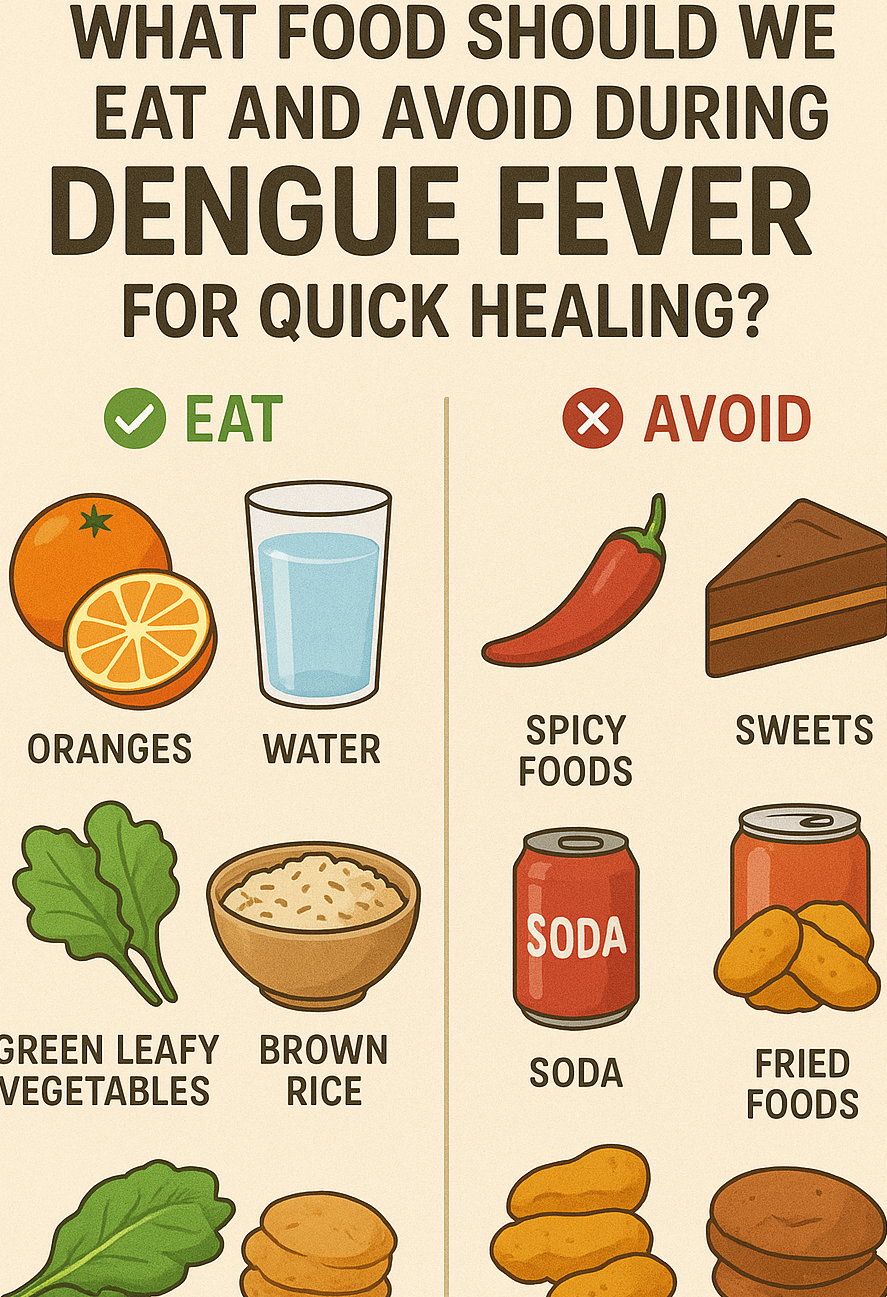
- By Future Minutes 20-Mar-2023
- 1142
Doctors play a crucial role in society, and their importance cannot be overstated. Here are some reasons why doctors are essential:
-
Promoting health: Doctors are responsible for promoting and maintaining the health of individuals and communities. They are trained to identify risk factors and prevent illness by providing guidance on healthy living habits, immunizations, and regular health screenings.
-
Diagnosing and treating illnesses: Doctors are trained to diagnose and treat a wide range of illnesses, from minor ailments to chronic diseases. They use their knowledge and expertise to provide appropriate treatment and care to their patients.
-
Saving lives: Doctors are often the first line of defense in emergency situations. They are trained to provide life-saving interventions and procedures to stabilize patients and prevent further harm.
-
Advancing medical research: Doctors play a crucial role in advancing medical research. They conduct clinical trials and studies to develop new treatments and therapies for a wide range of illnesses and diseases.
-
Improving the quality of life: Doctors help patients manage their symptoms and improve their quality of life. They provide counseling and support to patients and their families, helping them cope with the physical and emotional challenges of illness.
In conclusion, doctors play an important role in society by promoting health, diagnosing and treating illnesses, saving lives, advancing medical research, and improving the quality of life for their patients.
Doctors are also responsible for educating patients about their health conditions and treatment options. They explain medical jargon in layman's terms and ensure that patients have a clear understanding of their diagnoses, medications, and procedures. This is especially important in cases where patients need to make important decisions about their care.
Doctors are also essential for public health efforts, such as disease surveillance, outbreak investigations, and vaccination programs. They work with other healthcare professionals and public health officials to prevent the spread of infectious diseases and protect the community.
In addition to their medical expertise, doctors also possess valuable interpersonal skills. They are empathetic, compassionate, and skilled communicators. They listen to their patients' concerns and provide emotional support during difficult times. These qualities are essential for building trust and fostering strong relationships between doctors and their patients.
Finally, doctors are continuously learning and updating their knowledge and skills to provide the best possible care to their patients. They attend conferences, participate in training programs, and keep up with the latest research and medical advancements. This commitment to ongoing learning ensures that doctors are equipped with the latest tools and knowledge to provide the best possible care to their patients.
In conclusion, doctors play a vital role in promoting, maintaining, and restoring the health of individuals and communities. They are responsible for diagnosing and treating illnesses, saving lives, advancing medical research, improving quality of life, educating patients, working on public health initiatives, possessing interpersonal skills, and continuously learning and updating their knowledge and skills.









